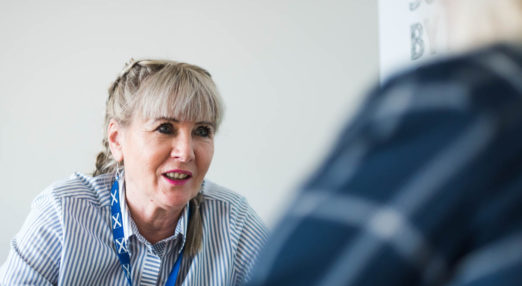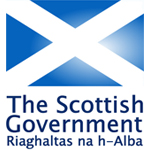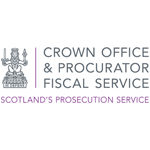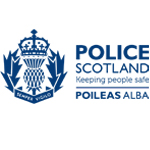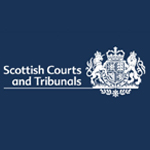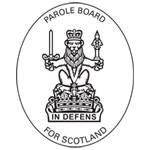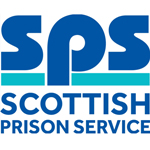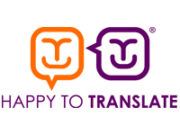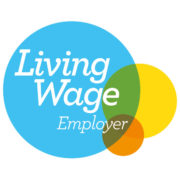Stalking is not about love, but control and intimidation
After years of abuse, Elaine* found the courage to report her ex-partner to the police. However, her ex-partner then embarked on a campaign of stalking and harassment that greatly affected her physical and mental well-being. She writes about her experiences.
The media and even police make comments about stalkers being love obsessed. Stalking has nothing to do with love. It’s about controlling and intimidating someone.
I didn’t report my ex-partner’s stalking for a long time because he threatened me. He said he’d take my children from me. I was scared of him. And I was right to be scared, not just because he had assaulted me in the past, but because he made my life miserable by making claims against me via lawyers, turning friends and family against me, and in every other way possible.
When you’re in this situation, the rational part of your brain shuts down. You need help to think clearly and work out how to manage and escape the situation you are in. During the stalking and abuse I didn’t have the headspace to work out what was happening and how to escape. I was traumatised.
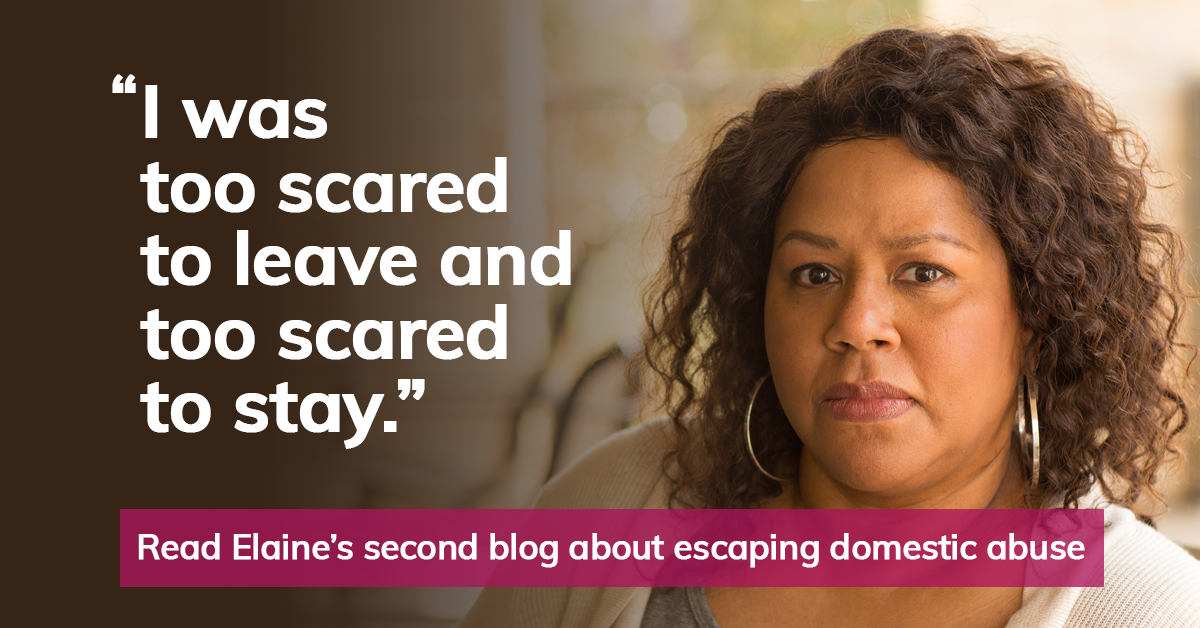
It was the anxiety of not knowing when he was going to appear in front of me. I would wake up in the morning and see clumps of my hair on the pillow. I’d take a shower and see my once healthy hair go down the plughole. It sounds vain, but it was such a visible sign of my stress and PTSD. I was so frightened and scared to leave the house, because he might be there. On the days I did manage to leave the house there was always the anxiety of returning in case he was around. I couldn’t eat and I lost a lot of weight. When I could sleep, I didn’t want to wake up the next day.
The NHS wrote to me and said they wouldn’t give me counselling for my trauma because the defence could use that against me in the upcoming trial. This was despite my GP writing to them that I was in a state of crisis. The trauma was so bad, but I just couldn’t get the help I needed. In the end, I managed to pay for private therapy.
I didn’t tell anyone about the stalking at the beginning due to shame and fear of reprisal. I didn’t want to involve my family, especially my children. I had a fear of making things worse and thought I could handle it myself by appeasing him. But nothing appeases stalkers. They aren’t looking for appeasement, they’re looking for control. That’s the mistake I made. I thought I could negotiate, but you cannot negotiate with someone like that.
The Trial
When the trial started, I was still traumatised and couldn’t read the lawyers’ letters or discuss aspects of the stalking or abuse. He was saying awful things about me and making shocking claims to his lawyers. And throughout the whole time, he was still coming to where I live and I still had to see him on my street, waiting for me. The police told me he wasn’t breaching bail conditions and said they couldn’t help until he actually appeared at my window.
The first time I went to court, he was waiting for me outside. At court I was given screens so I wouldn’t have to see him when I gave evidence. But he was allowed to freely wander round the court building and find me, if he wanted. This was despite his bail conditions, which included staying away from me.
When I was denied a non-harassment order at the sentencing, I decided I needed to seek help.
Empowering myself
During the trial, I heard of Victim Support Scotland. I had a lovely support worker who helped me with the paperwork and explained my legal rights. I was supported by a number of agencies throughout the trial, but Victim Support Scotland was the only support agency who kept in touch after the trial. They would call every four to six weeks, asking if everything was going well and if I was okay. You still need support after a trial. Once the case is over, the trauma hasn’t finished for a victim, and often the stalking doesn’t stop then either and you’re still dealing with the aftermath of the trial, as well as the crime.
I thought I was the only one who had ever been abused. That’s how traumatised and naïve I was. But reading other women’s stories inspired me, such as Ann Moulds from Action Against Stalking, who has been a real help to me. These women who put their stories out there are absolutely inspiring and they’ve kept me going. It helps to listen to them and realise you don’t need to be treated like this, that you can reach out for help.
It’s so important to talk. If you’re being stalked, you don’t have to handle it alone. Talk to friends and family. Talk to professional support agencies. Talk to the police. I kept his stalking secret for years, I thought I could handle him myself. And I couldn’t. You cannot handle a stalker by yourself.
Keep detailed records from day one. Using something like the FollowIt app, you can record witnesses’ names, dates and times and upload it straight to the police and crown office. By using that app you feel more in control. Taking back control and empowering myself really helped me.
I’m so much stronger than I was three years ago. That’s through Victim Support Scotland, Rape Crisis Scotland and Scottish Women’s Aid, as well as my family’s support.
I feel like I’ve been given a second chance at life and I enjoy it – not all the time, I still suffer from PTSD and I’m still going to counselling, but I’m still here. Every day that I’m standing is an achievement for me. And my hair has grown back thicker and stronger than ever before.
*Name changed for confidentiality
Victim Support Scotland is here to help anyone affected by crime. If you need support, please contact us via our helpline (0800 160 1985), our webchat service (see bottom right) or our contact form.
Latest news and blogs
-
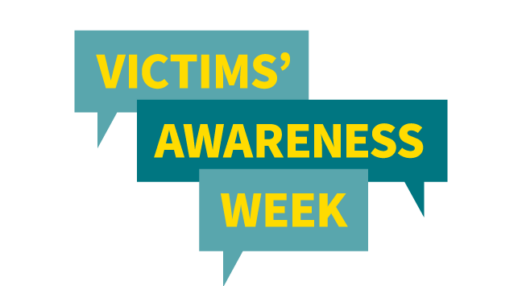
Victims’ Awareness Week 2025
Victims' Awareness Week 2025 will take place from 21-28 February.
Read more
-
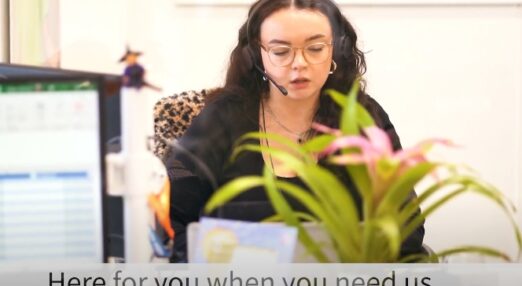
We’re here – support over the festive period
We know that the festive period can be difficult for people impacted by crime - that's why we'll remain open right through Christmas and New Year.
Read more
-
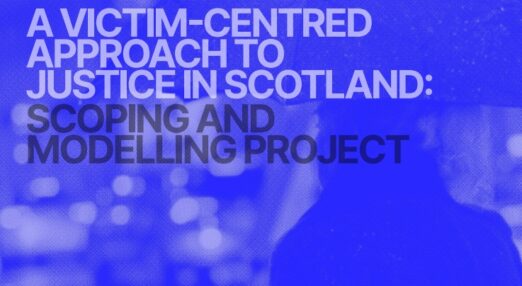
A Victim-Centred Approach to Justice in Scotland: Scoping and Modelling Project
This project, commissioned by Victim Support Scotland, sought to explore how a more victim-centred approach could be realised in Scotland's criminal justice system.
Read more
-

Concern over impact of new early prisoner release bill as Scotland’s crime stats revealed
Victim Support Scotland has expressed concerns about the impact of the Prisoners (Early Release) (Scotland) Bill, which was passed by MSPs yesterday, in light of new crime statistics revealed by the Scottish Government.
Read more
-
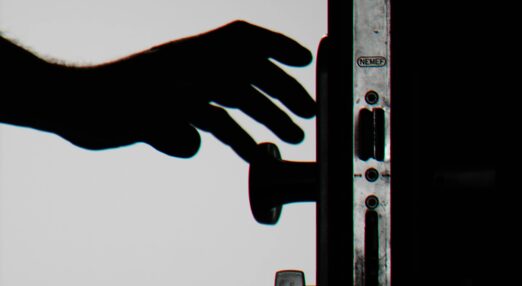
Victim Support Scotland voices concerns about Prisoners (Early Release) (Scotland) Bill
Victim Support Scotland has voiced concerns about the Prisoners (Early Release) (Scotland) Bill.
Read more
-

Media Reporting on Child Homicide – Victim Support Scotland Consultation Response
Victim Support Scotland's response to the Scottish Government consultation on Media Reporting on Child Homicide.
Read more
-
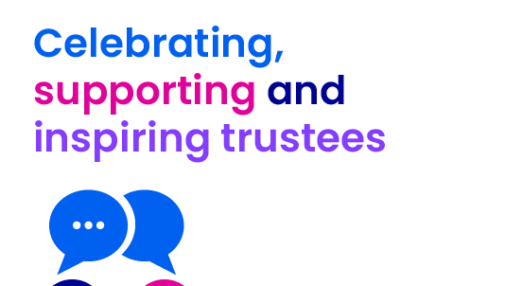
Highlighting the role of Trustees at VSS
We sat down with Gillian Imery, one of our trustees, to chat about the role she plays, why she decided to get involved with VSS, and how her skills and experience enrich our charity.
Read more
-

Statement on Homicide in Scotland figures
Victim Support Scotland has released a statement in response to the Homicide in Scotland figures released by the Scottish Government.
Read more
-
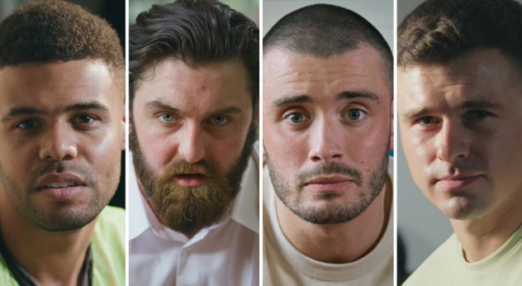
Statement on Police Scotland rape statistics
Victim Support Scotland has released a statement on the figures released by Police Scotland which show an increase in the number of rape cases reported within the last 6 months, alongside the launch of the latest 'That Guy' campaign.
Read more
-
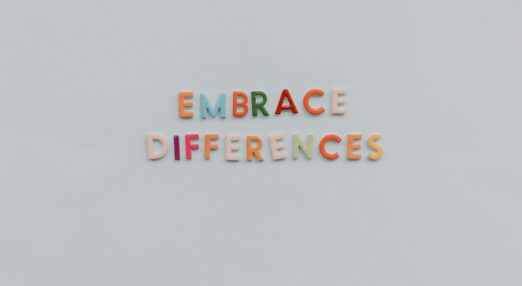
Victims of hate crime need to have their voices heard
This article by our Chief Executive Kate Wallace argues why more must be done to support victims of hate crime.
Read more
-

Statement on Scottish Government’s plans for Victim Notification Scheme reform.
Victim Support Scotland has released a statement on the Scottish Government's plans for reform of the Victim Notification Scheme.
Read more
-

Statement on Scottish Government plans for long-term prisoner release
Victim Support Scotland has released a statement on the Scottish Government's plans for long-term prisoner release.
Read more

